

 In February 1996, a libertarian myth of cyberspace and sweeping US platform immunity collided, hardwiring digital exceptionalism. Three decades on, that original sin still shields tech and AI from accountability, with legal and social consequences.
In February 1996, a libertarian myth of cyberspace and sweeping US platform immunity collided, hardwiring digital exceptionalism. Three decades on, that original sin still shields tech and AI from accountability, with legal and social consequences.
 SpaceX has filed a plan to place more than a million satellites in low Earth orbit, recasting data centres as spaceborne infrastructure while testing regulators, safety, competition and the line between vision and paper ambition.
SpaceX has filed a plan to place more than a million satellites in low Earth orbit, recasting data centres as spaceborne infrastructure while testing regulators, safety, competition and the line between vision and paper ambition.
 Starlink is leveraging its growing dominance with data-hungry AI ambitions, regulatory demands, and space infrastructure plans. A merger with xAI could solidify its position as an unregulated gatekeeper of orbital connectivity and intelligence.
Starlink is leveraging its growing dominance with data-hungry AI ambitions, regulatory demands, and space infrastructure plans. A merger with xAI could solidify its position as an unregulated gatekeeper of orbital connectivity and intelligence.
 A 2026 outlook charts Internet governance between fear and hope, tracking cyber conflict, digital trade and taxation, shrinking rights, and global AI rivalry, while asking whether multistakeholder cooperation can still steer the network toward stability.
A 2026 outlook charts Internet governance between fear and hope, tracking cyber conflict, digital trade and taxation, shrinking rights, and global AI rivalry, while asking whether multistakeholder cooperation can still steer the network toward stability.
 As AI shifts from experimentation to real-world deployment, its unseen foundation - undersea cables - emerges as a strategic frontier. Their resilience may shape not only infrastructure policy but the outcome of US-China AI competition.
As AI shifts from experimentation to real-world deployment, its unseen foundation - undersea cables - emerges as a strategic frontier. Their resilience may shape not only infrastructure policy but the outcome of US-China AI competition.
 As AI transforms how users search, the domain name is evolving from a traffic destination into a trust signal - crucial for citation, identity, and authority in an Internet shaped by machine-mediated discovery.
As AI transforms how users search, the domain name is evolving from a traffic destination into a trust signal - crucial for citation, identity, and authority in an Internet shaped by machine-mediated discovery.
 The Internet is evolving far beyond screens and smartphones. A proposed seven-stage framework anticipates a future shaped by autonomous agents, sensory wearables, global connectivity, and quantum networks redefining how humans interact with the digital world.
The Internet is evolving far beyond screens and smartphones. A proposed seven-stage framework anticipates a future shaped by autonomous agents, sensory wearables, global connectivity, and quantum networks redefining how humans interact with the digital world.
 Despite deep geopolitical divides, the WSIS+20 outcome document was adopted by consensus, preserving a multistakeholder vision for the digital future while deferring controversial issues to a time more conducive to progress.
Despite deep geopolitical divides, the WSIS+20 outcome document was adopted by consensus, preserving a multistakeholder vision for the digital future while deferring controversial issues to a time more conducive to progress.
 In 2026, internet infrastructure will be reshaped by geopolitics, grid constraints, and regulatory shifts. Firms that treat data location, power access, and legal compliance as strategic priorities will gain competitive advantage.
In 2026, internet infrastructure will be reshaped by geopolitics, grid constraints, and regulatory shifts. Firms that treat data location, power access, and legal compliance as strategic priorities will gain competitive advantage.
 The domain industry in 2025 saw rapid consolidation, rising regulatory pressure, and a strategic pivot toward AI, trust infrastructure, and tokenization, reshaping domains from static web addresses into dynamic assets for digital identity and commerce.
The domain industry in 2025 saw rapid consolidation, rising regulatory pressure, and a strategic pivot toward AI, trust infrastructure, and tokenization, reshaping domains from static web addresses into dynamic assets for digital identity and commerce.
 The hiQ ruling erased legal protections against commercial scraping, leaving infrastructure providers to absorb escalating costs. Without federal action defining data misappropriation, a free-rider AI economy could undermine open networks, investment, and long-term data integrity.
The hiQ ruling erased legal protections against commercial scraping, leaving infrastructure providers to absorb escalating costs. Without federal action defining data misappropriation, a free-rider AI economy could undermine open networks, investment, and long-term data integrity.
 Granular regulation offers a new governance framework for AI, blending flexibility with enforceability. By translating broad principles into risk-sensitive, technical mandates, it overcomes the rigidity of rule-based models and the vagueness of principle-based approaches.
Granular regulation offers a new governance framework for AI, blending flexibility with enforceability. By translating broad principles into risk-sensitive, technical mandates, it overcomes the rigidity of rule-based models and the vagueness of principle-based approaches.
 As multistakeholder governance nears a critical juncture, leaders must navigate diverging views, geopolitical pressures and technological upheaval. With sovereignty concerns mounting, the Internet's institutions face a complex future that demands deft stewardship.
As multistakeholder governance nears a critical juncture, leaders must navigate diverging views, geopolitical pressures and technological upheaval. With sovereignty concerns mounting, the Internet's institutions face a complex future that demands deft stewardship.
 Unlike past technological shifts, artificial intelligence is automating high-skilled professions before low-skilled ones. This reversal challenges long-held assumptions about job security, expertise, and governance, forcing policymakers to rethink regulation, trust, and digital sovereignty.
Unlike past technological shifts, artificial intelligence is automating high-skilled professions before low-skilled ones. This reversal challenges long-held assumptions about job security, expertise, and governance, forcing policymakers to rethink regulation, trust, and digital sovereignty.
 As artificial intelligence integrates into public infrastructure, it introduces new layers of systemic risk. Policymakers must shift focus from AI's potential to its exposure, applying governance models that reflect these emerging, compound vulnerabilities.
As artificial intelligence integrates into public infrastructure, it introduces new layers of systemic risk. Policymakers must shift focus from AI's potential to its exposure, applying governance models that reflect these emerging, compound vulnerabilities.
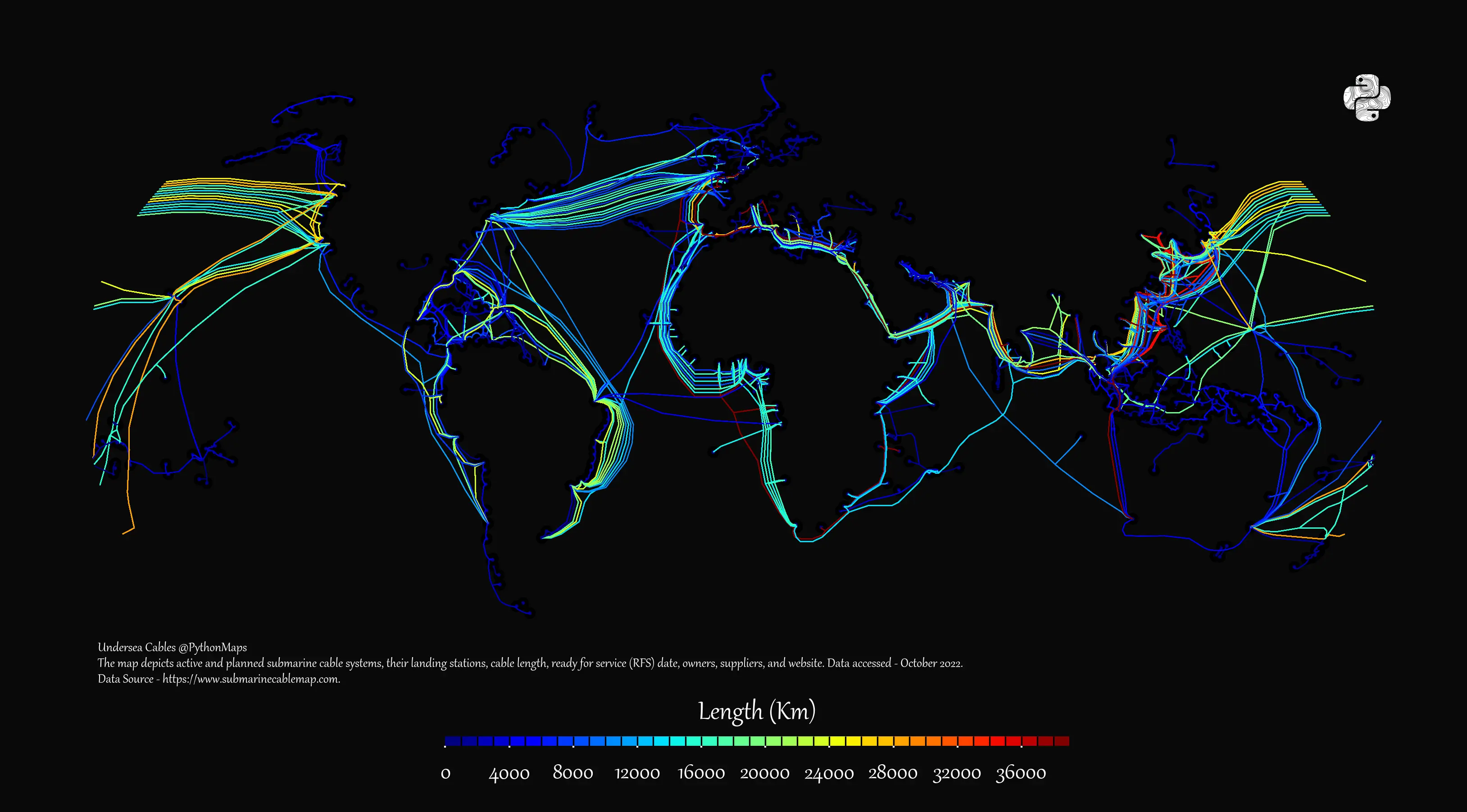 AI Boom Spurs Record Investment in Undersea Cables Amid Geopolitical and Security Concerns
AI Boom Spurs Record Investment in Undersea Cables Amid Geopolitical and Security Concerns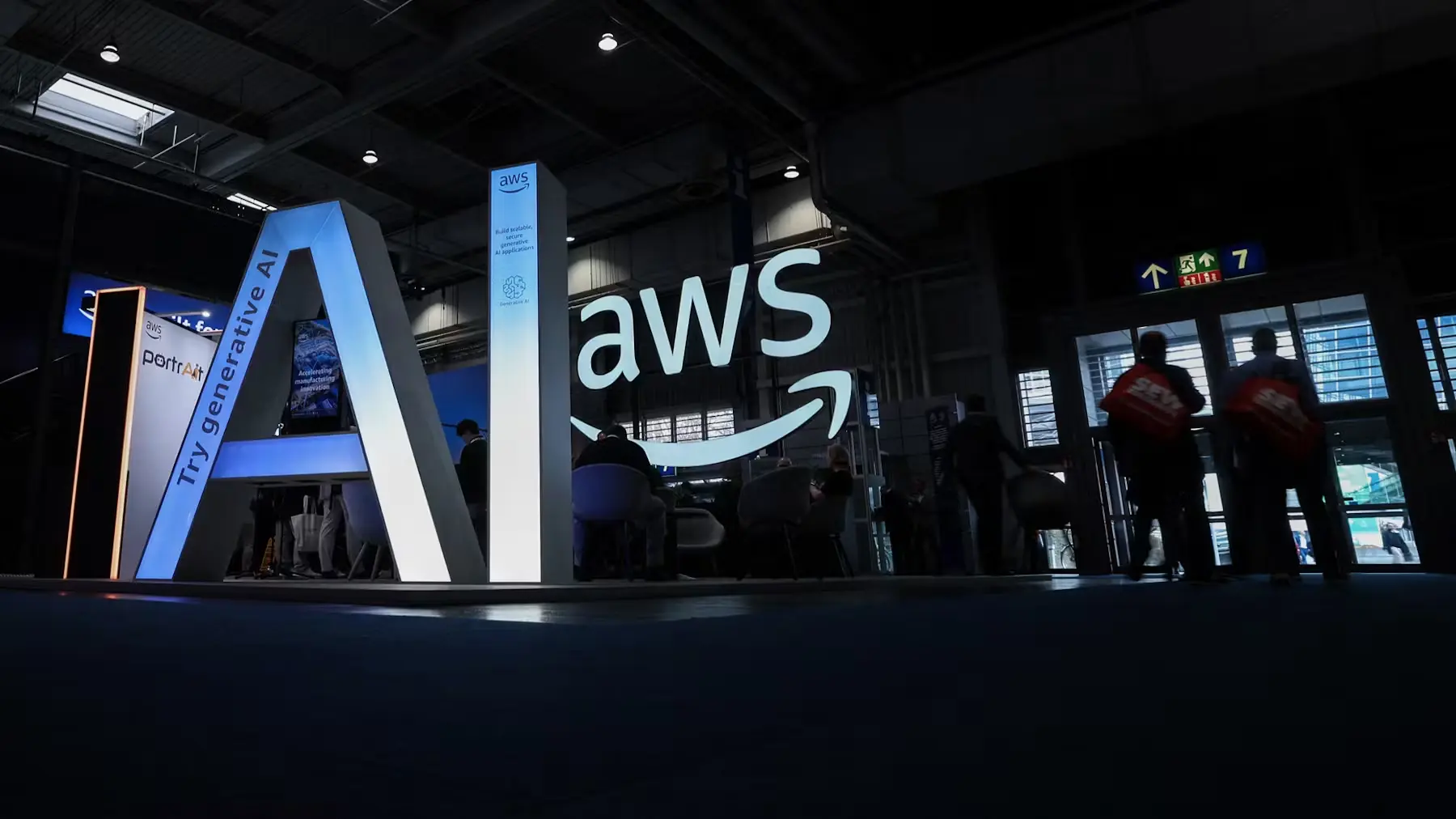 Verizon and AWS Expand Network Ties to Meet AI Data Demands
Verizon and AWS Expand Network Ties to Meet AI Data Demands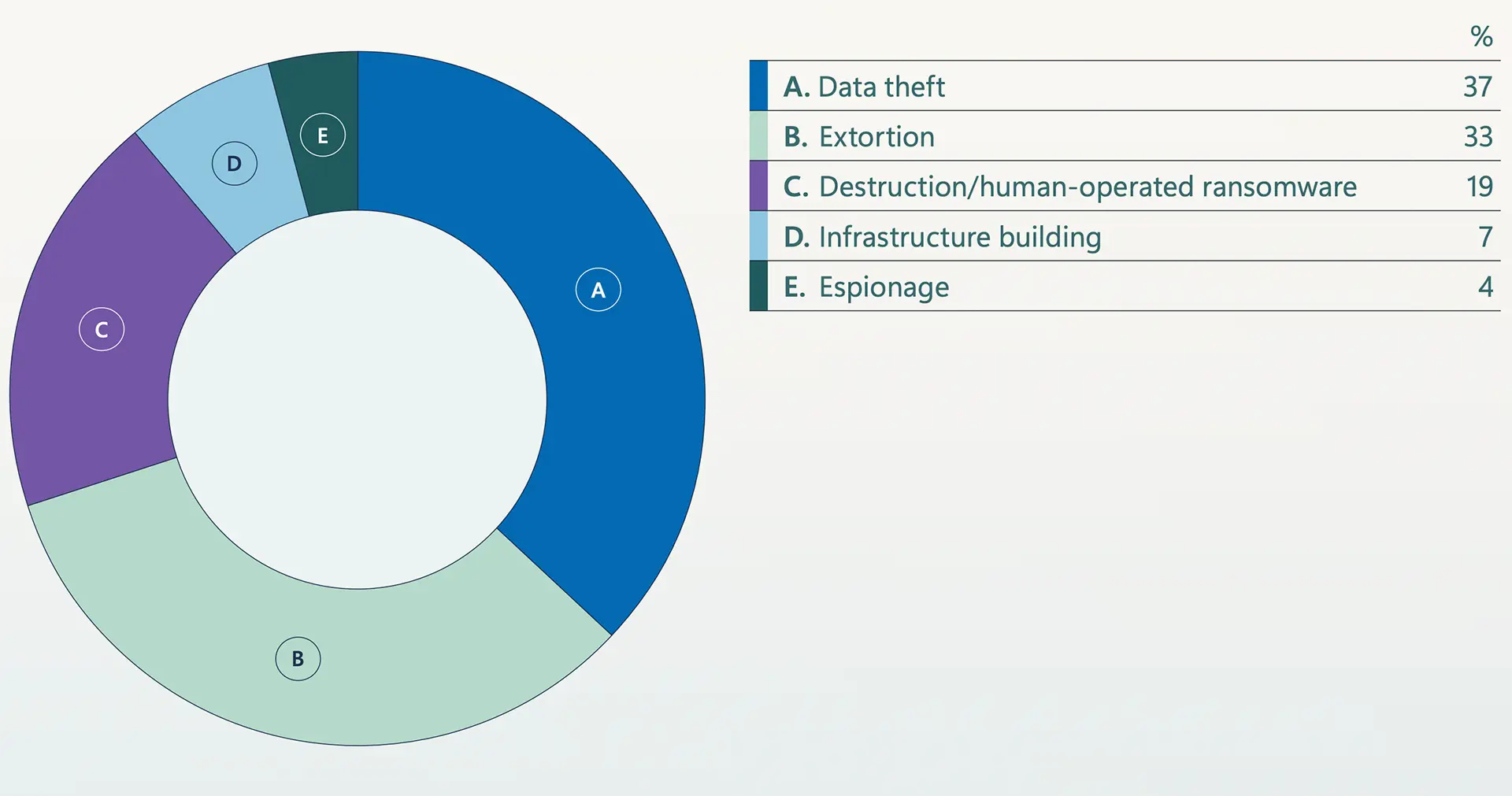 Microsoft Warns Extortion Drives Majority of Attacks Amid AI Escalation, Identity Collapse, and Global Fragmentation
Microsoft Warns Extortion Drives Majority of Attacks Amid AI Escalation, Identity Collapse, and Global Fragmentation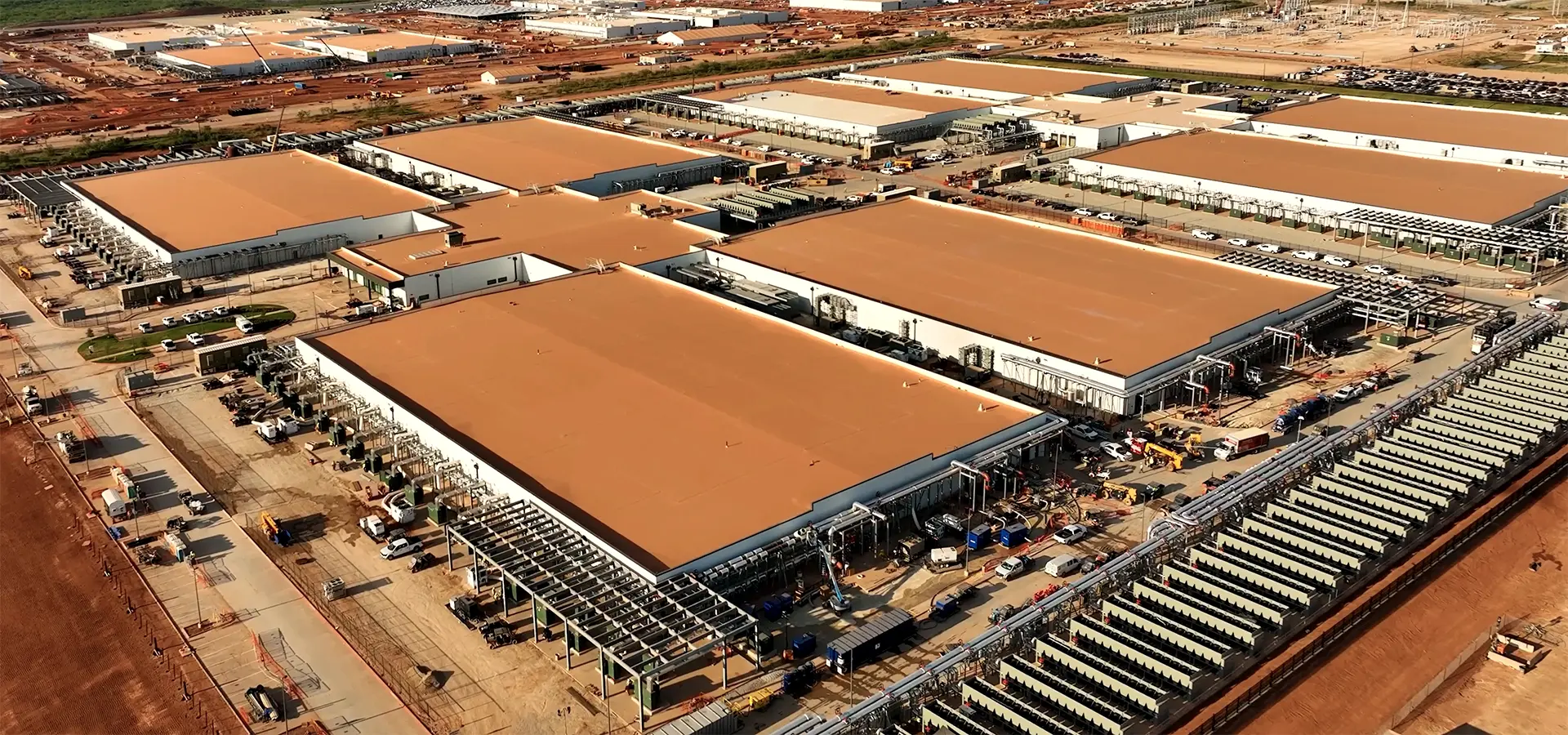 Stargate Expands: OpenAI and Partners Unveil Massive AI Infrastructure Push Across the U.S.
Stargate Expands: OpenAI and Partners Unveil Massive AI Infrastructure Push Across the U.S. Advanced AI Is Reshaping the Cybercriminal Landscape at Alarming Speed
Advanced AI Is Reshaping the Cybercriminal Landscape at Alarming Speed Meta’s Undersea Ambitions: A Cable to Power the AI Future
Meta’s Undersea Ambitions: A Cable to Power the AI Future Meta’s $10 Billion Plan to Build the World’s Largest Subsea Cable Network
Meta’s $10 Billion Plan to Build the World’s Largest Subsea Cable Network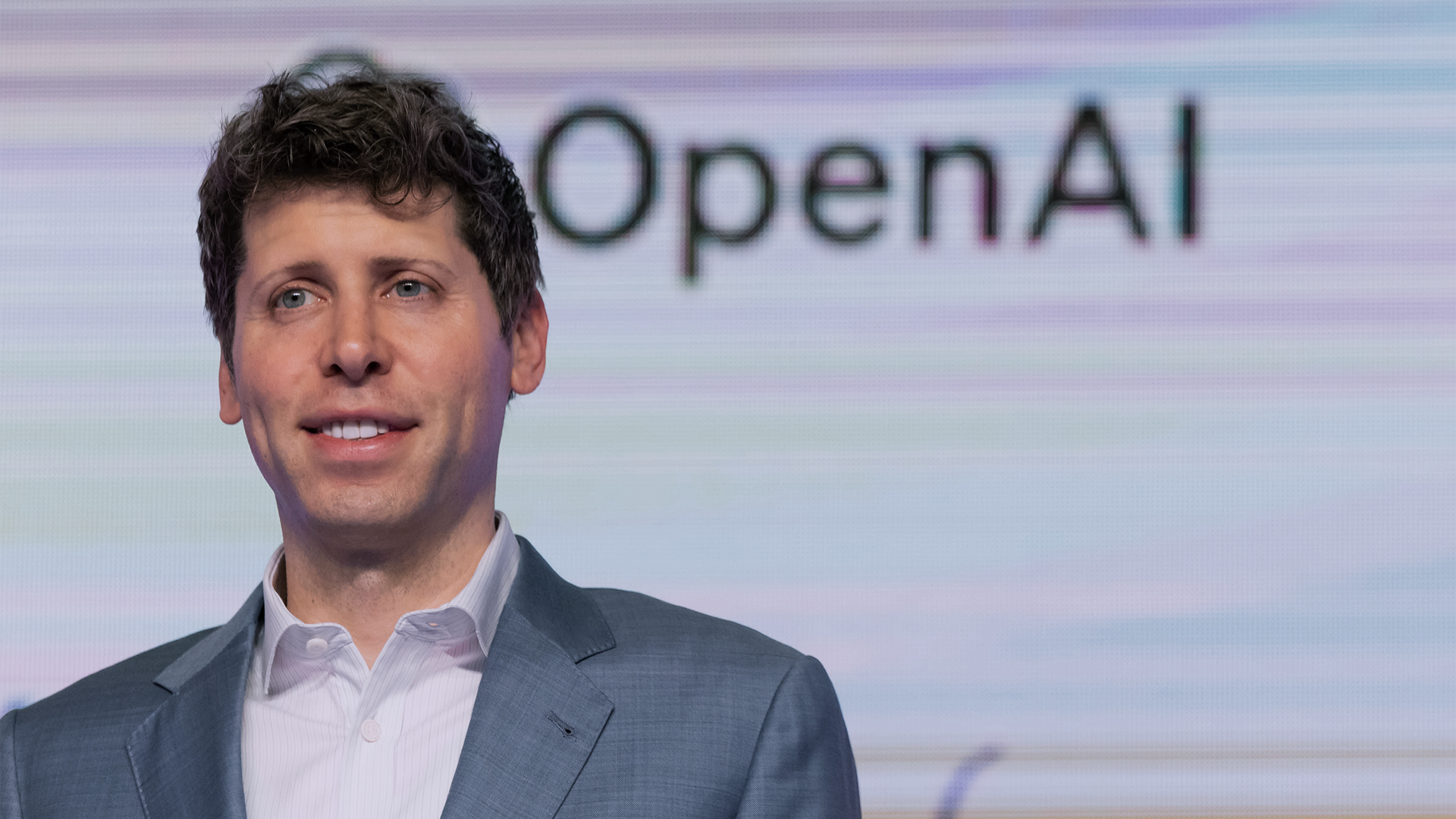 OpenAI Buys Chat.com, Redirected to ChatGPT
OpenAI Buys Chat.com, Redirected to ChatGPT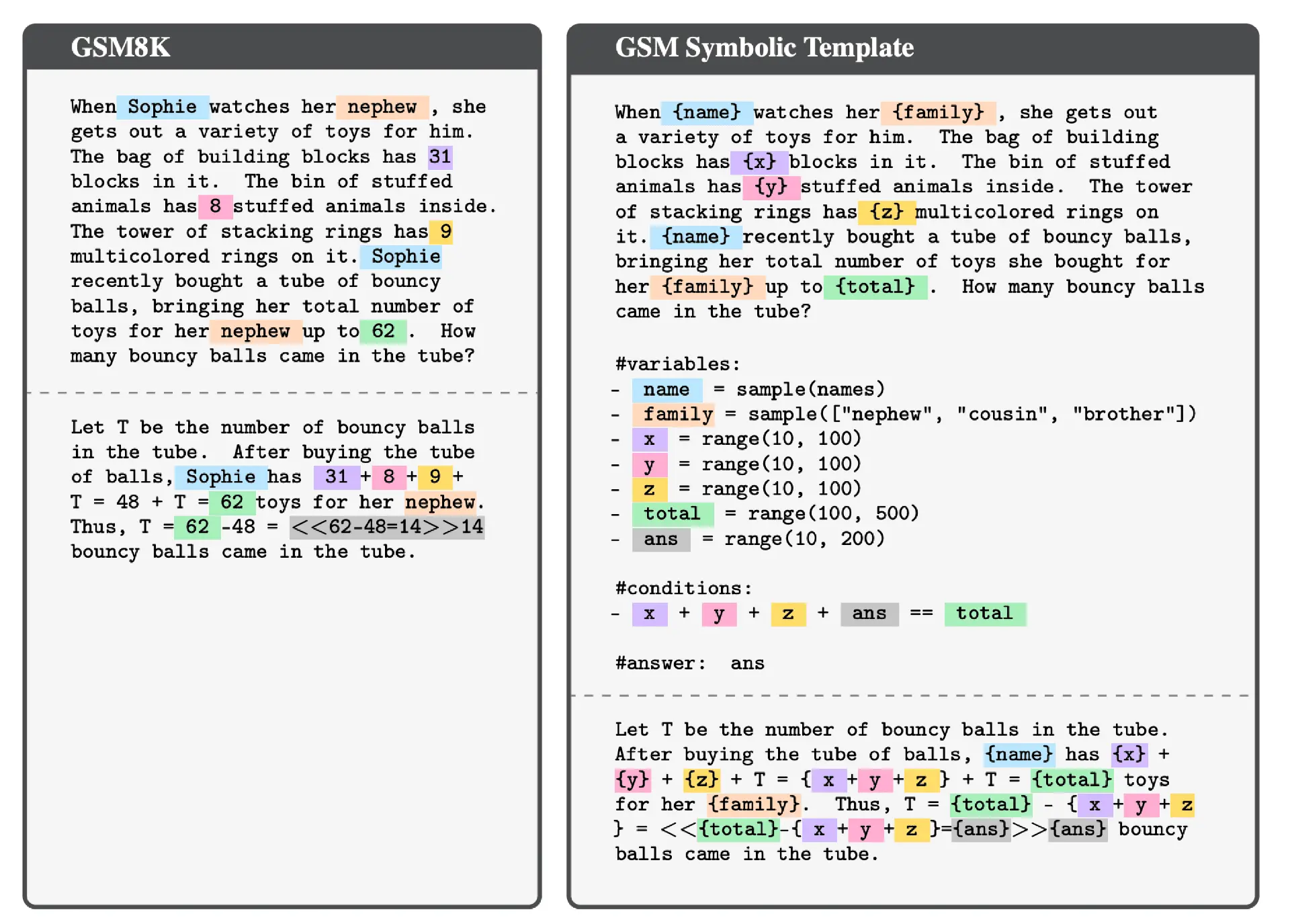 Apple’s New Benchmark, ‘GSM-Symbolic,’ Highlights AI Reasoning Flaws
Apple’s New Benchmark, ‘GSM-Symbolic,’ Highlights AI Reasoning Flaws